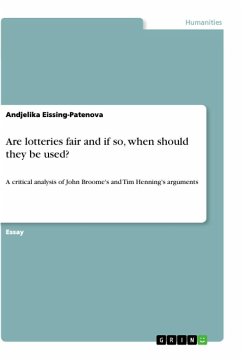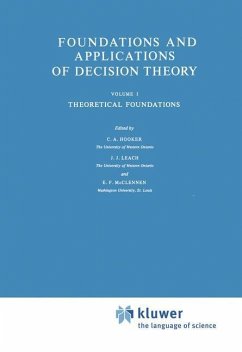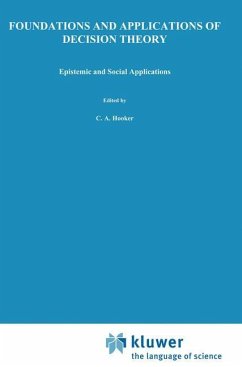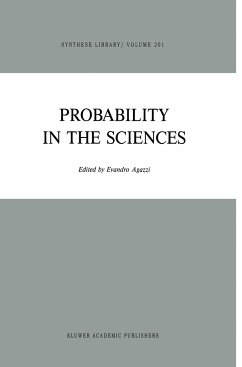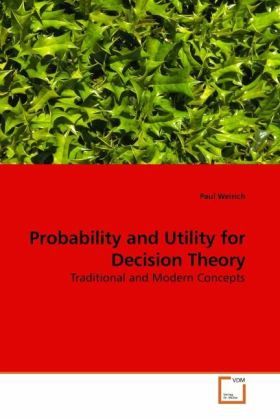
Probability and Utility for Decision Theory
Traditional and Modern Concepts
Versandkostenfrei!
Versandfertig in 6-10 Tagen
45,99 €
inkl. MwSt.

PAYBACK Punkte
23 °P sammeln!
One kind of probability and one kind of utility have decision theory as their central area of application. How should we understand this kind of probability and this kind of utility? This work compares two approaches to probability and utility. The first refines the traditional concepts of probability and utility, according to which they are rational degree of belief and rational degree of want. The second defines probability and utility in terms of preferences. Because degrees of belief and degrees of want are basic reasons for decisions, the traditional concepts characterize actions that sho...
One kind of probability and one kind of utility have decision theory as their central area of application. How should we understand this kind of probability and this kind of utility? This work compares two approaches to probability and utility. The first refines the traditional concepts of probability and utility, according to which they are rational degree of belief and rational degree of want. The second defines probability and utility in terms of preferences. Because degrees of belief and degrees of want are basic reasons for decisions, the traditional concepts characterize actions that should be chosen in terms that explain why they should be chosen. Consequently, certain refinements of the traditional concepts of probability and utility yield the best version of decision theory. This work will interest those studying probability and utility at a foundational level in mathematics, economics, and business management, as well as in philosophy. By clarifying probability and utility, it facilitates progress in decision theory.



